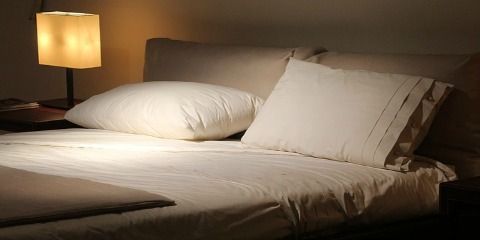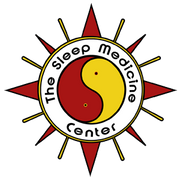Kalispell’s Sleep Experts Explains What You Need to Know About Sleep Apnea

According to the American Sleep Apnea Association, more than 18 million Americans suffer from sleep apnea. While this sleep disorder is fairly common, many people are unaware of what it really is, who it affects, and what health risks it poses. To better understand this sleep disorder, Glacier Headache & Sleep Medicine, Kalispell, Montana’s leading sleep medicine center, breaks down what you need to know about sleep apnea.
Sleep apnea is named after the Greek word apnea, which means “without breath”. People who suffer from sleep apnea involuntarily stop breathing while asleep. These episodes of non-breathing can occur several or even hundreds of times during a single sleep period. There are three types of sleep apnea, and Glacier Headache & Sleep Medicine explains the differences of each kind:
- Obstructive: The most common form, obstructive sleep apnea is caused by a blockage in the airway, usually occurring when the soft tissue at the back of the throat collapses during sleep.
- Central: In central sleep apnea, the airway is not blocked, however, the brain does not properly signal your muscles to breathe.
- Mixed Sleep: Mixed sleep apnea is a combination of both obstructive and central sleep apnea, and usually causes extremely poor sleep.

Sleep apnea presents itself in a number of ways. The most common and obvious symptom of the condition is loud and excessive snoring. Other red flags of sleep apnea include persistent daytime sleepiness, insomnia, episodes of waking from sleep short of breath, or headaches and dry mouth upon waking up.
While these symptoms may indicate you have sleep apnea, the only true way to diagnose this sleeping disorder is by participating in a sleep study at a medical sleep laboratory. During a sleep study, doctors will evaluate your sleeping and breathing habits, monitor your oxygen levels, and carefully watch your sleep patterns. Depending on the findings, you may be diagnosed with sleep apnea and fitted with a special machine to help you breathe more regularly during sleep.
If you live in the Kalispell area and believe you may suffer from sleep apnea, call the sleep experts at Glacier Headache & Sleep Medicine. To schedule your appointment, call (406) 752-1729. To learn more about sleep apnea's symptoms and treatment, visit Glacier Headache & Sleep Medicine online.
About the Business
Have a question? Ask the experts!
Send your question

